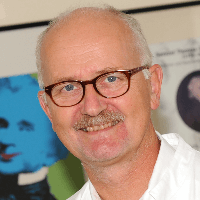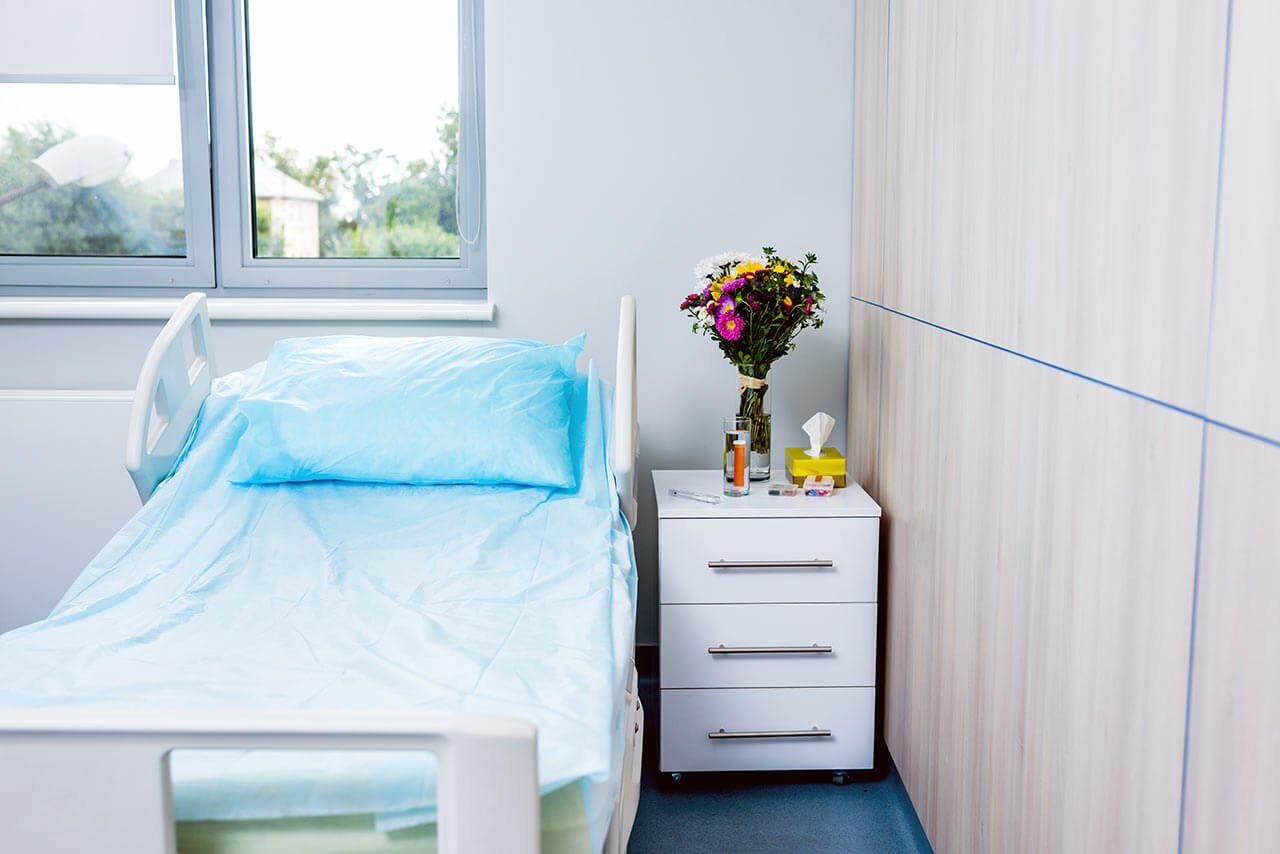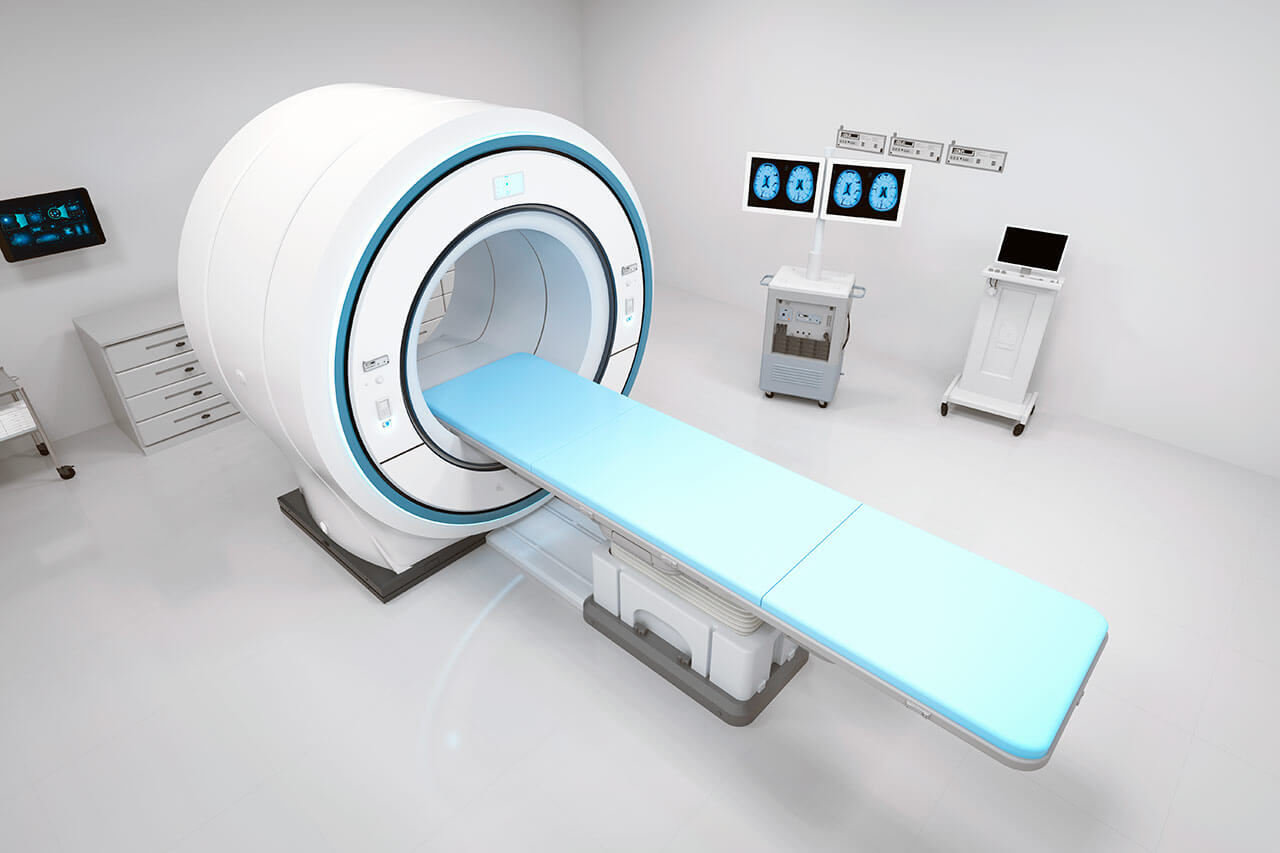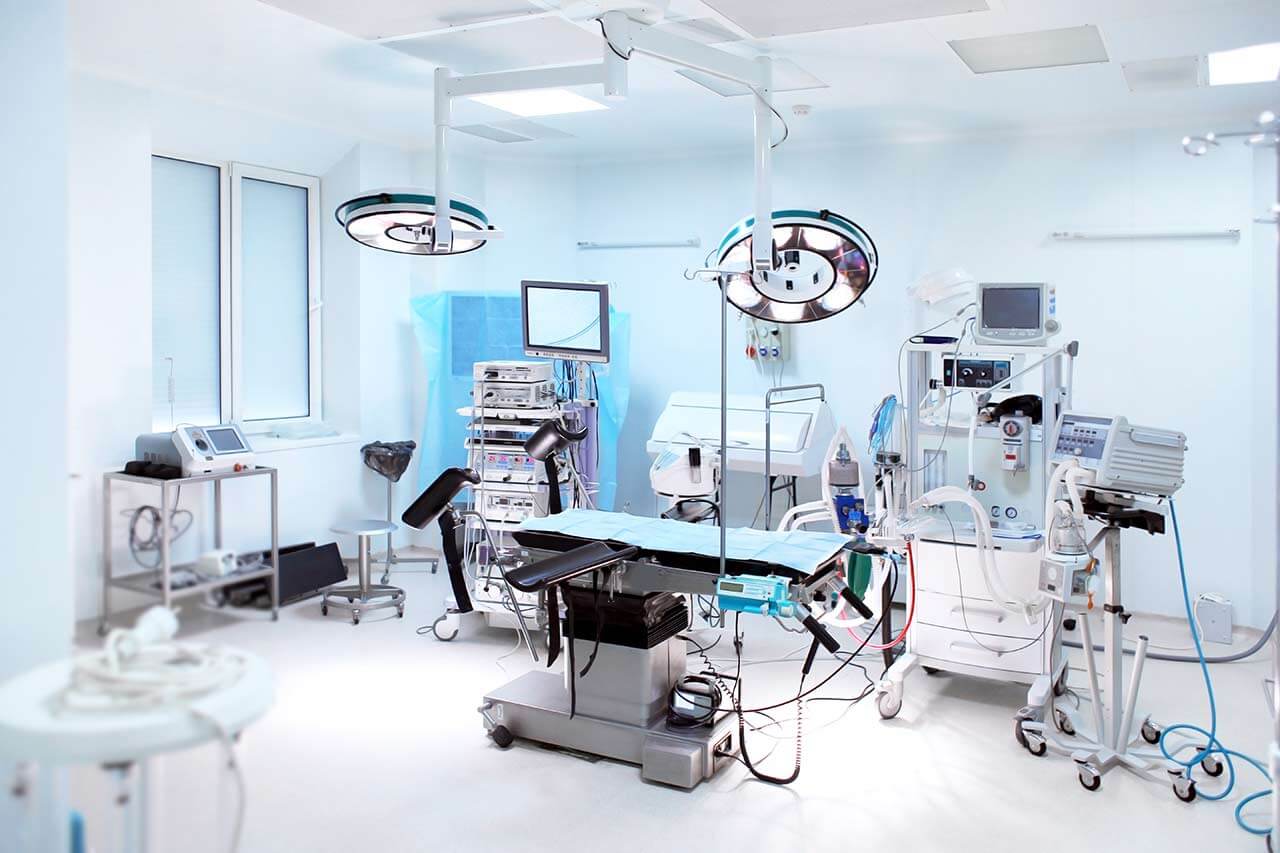
The program includes:
- Initial presentation in the clinic
- clinical history taking
- review of medical records
- physical examination
- laboratory tests:
- complete blood count
- general urine analysis
- biochemical analysis of blood
- inflammation indicators (CRP, ESR)
- indicators blood coagulation
- neurological examination
- angio-MRI scan
- neuropsychological tests (on indications):
- ENMG (electroneuromyography)
- EEG (electroencephalography)
- SEPs (somatosensory evoked potentials)
- VEPs (visually evoked potentials)
- BAEP tests (brainstem auditory evoked potential)
- transcranial doppler
- echocardiography (TEE)
- consultation of related specialists
- nursing services
- control examinations
- developing of further guidance
Required documents
- Medical records
- Brain MRI/CT scan (if available)
Service
You may also book:
 BookingHealth Price from:
BookingHealth Price from:
About the department
The Department of Neurology at the University Hospital Giessen UKGM offers the full range of diagnostic and therapeutic services for patients with acute and chronic diseases of the nervous system. The department is headed by Prof. Dr. med. Manfred Kaps.
The competent medical team of the department consists of more than 50 doctors, about 150 nurses and specialists in neurophysiology, speech therapy and physiotherapy. The department operates an Intensive Care Unit, a Stroke Unit, a Day Clinic and an Outpatient Clinic. As a maximum care medical facility, the department provides first-class medical care in accordance with international standards.
The diagnostic spectrum includes all electrophysiological techniques, such as EEG, evoked potentials and electromyography. The department conducts ultrasound examinations of the cerebral vessels (also as part of preoperative diagnostics). The Neurochemical Laboratory serves for the comprehensive diagnostics of cerebrospinal fluid. An integral part of the treatment are physiotherapy and speech therapy. In collaboration with the Departments of Neuroradiology, Neurosurgery and other related specialists, the department offers various methods of interventional therapy, computed tomography, magnetic resonance imaging, etc.
The department’s priority areas of competence include the treatment of neuromuscular diseases, multiple sclerosis, epilepsy, motor disorders and Parkinson's syndrome. The department annually treats about 3,000 inpatients and more than 3,500 outpatients with neurological pathologies of varying severity.
The department’s spectrum of medical services includes:
- Diagnostics and treatment of stroke (within the specialized Stroke Unit)
- Diagnostics and treatment of multiple sclerosis
- Diagnostics and differential diagnostics of multiple sclerosis
- Second opinion
- Relapse therapy
- Selection of optimal individual therapy, including in case of pathology exacerbation
- Emergency medical care
- Participation in clinical trials (mainly phase III)
- Special therapy for the symptomatic treatment of multiple sclerosis complaints
- Structured patient training programs
- Diagnostics and treatment of epilepsy
- Epilepsy diagnostics
- Drug therapy
- Treatment of epilepsy in old age
- Assessment of the condition of a patient with epilepsy for suitability for driving vehicles
- Diagnostics and treatment of neuromuscular diseases
- Diagnostics and treatment of motor disorders, spasticity
- Tremor
- Dystonia
- Gait disorders
- Parkinson's disease
- Botulinum toxin therapy
- Blepharospasm and Meige syndrome
- Cervical dystonia
- Focal and segmental dystonia
- Head tremor
- Hemifacial spasm
- Spastic tonus increase, for example, after a stroke
- Myofascial pain
- Neurological intensive care
- Other medical services
Curriculum vitae
Academic Education
- 1989 Habilitation, Faculty of Medicine, Justus Liebig University Giessen.
- 1986 Board certification, Faculty of Medicine, Justus Liebig University Giessen.
- 1979 Doctoral thesis defense, Faculty of Medicine, Justus Liebig University Giessen.
Professional and Academic Career
- 1999 C4 Professorship, Chair of the
- Department of Neurology, Justus Liebig University Giessen.
- 1994 C3 Professorship, Medical University Lübeck.
- 1991 C2 Professorship, Justus Liebig University Giessen.
- 1987 C1 Postdoctoral Lecturing Qualification, Justus Liebig University Giessen.
Research Focuses
- Neuroscience.
- Cerebrovascular research.
- Clinical research.
- Neurosonology.
Management Experience
- Since 1999 Chairman of the Department of Neurology of the University Hospital Giessen UKGM.
- Coordinator of the global activities of 330 scientists from 46 countries as Chairman of the Neurosonology Research Group of the World Federation of Neurology.
- Dean of Research of the Faculty of Medicine.
Memberships
- 2005 - 2006 President of the German Society for Clinical Neurophysiology.
- Since 2006 Chairman of the Neurosonology Research Group of the World Federation of Neurology.
Photo of the doctor: (c) UKGM - Universitätsklinikum Gießen und Marburg GmbH
About hospital
The University Hospital Giessen UKGM positions itself as an ultramodern medical facility with outstanding quality of medical care. The hospital presents almost all areas of medicine, ranging from ophthalmology to traumatology and dentistry. The priorities of the hospital’s activities include surgery, neurosurgery, oncology, nephrology with kidney transplantation and pediatric medicine.
The hospital is the third largest in Germany. Every year, more than 436,000 patients are treated in two locations of the hospital (Giessen and Marburg): 342,000 outpatients and 94,000 inpatients. The medical facility is the first privatized university hospital in the country.
The hospital staff is engaged not only in clinical practice, but also in research activities on the basis of the Faculty of Medicine at Justus Liebig University Giessen and Philipps University of Marburg, which contributes to a significant contribution to the development of modern medicine. During the many years of productive work on the development of new diagnostic and treatment methods, the hospital’s doctors managed to make many significant discoveries.
The hospital enjoys an excellent reputation in Germany and far beyond its borders. It managed to gain such credibility thanks to the high competence of doctors, advanced equipment, high-quality medical service and care.
Photo: (c) depositphotos
Accommodation in hospital
Patients rooms
The patients of the University Hospital Giessen UKGM live in comfortable rooms made in a modern design and light colors. Each room has an ensuite bathroom with shower and toilet. The standard room furnishing includes an automatically adjustable bed, a bedside table, a wardrobe, a table and chairs for receiving visitors, a TV, a telephone.
Meals and Menus
The patients of the hospital are offered balanced, healthy three meals a day: buffet breakfast, lunch and dinner. The private kitchen, certified according to DIN EN ISO 9001:2000, is responsible for providing patients with food and drinks.
If for some reason you do not eat all foods, you will be offered an individual menu. The hospital also has a cafeteria with a large assortment of hot and cold drinks, snacks and desserts.
Further details
Standard rooms include:
Television
All patient rooms are equipped with TV sets. If you have some questions, please contact medical personnel.
Religion
Religious services can be provided upon request.
Accompanying person
During an inpatient program, an accompanying person can stay with you in a patient room or in a hotel of your choice.
Hotel
During the outpatient program, you can stay at the hotel of your choice. Our managers will help you to choose the most suitable option.




